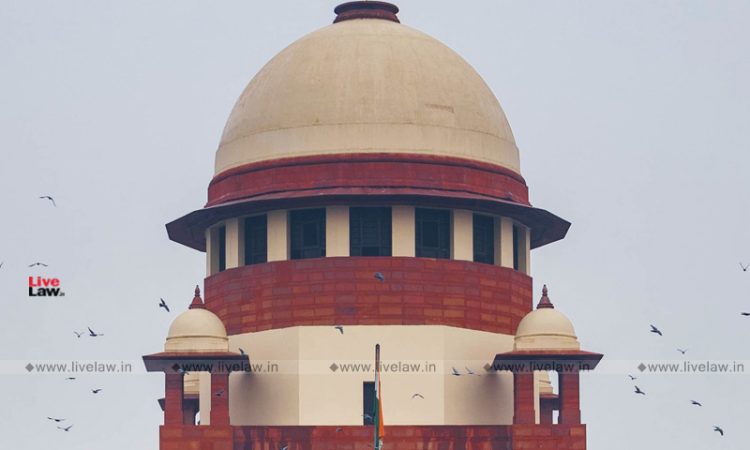'Concerned About Middle-Class Home Buyers' : Supreme Court Urges Centre To Consider Framing Model Builder-Buyer Agreement
Mehal Jain
17 Jan 2022 6:47 PM IST

Next Story
17 Jan 2022 6:47 PM IST
Noting that it concerns the "broader public interest of middle-class home-buyers", the Supreme Court on Monday requested Solicitor General Tushar Mehta a to seek the considered view of the Union Government of the need to formulate a model builder-buyer and agent-buyer agreement at the central level.The Court said that the model agreement should contain certain non-negotiable essential...
